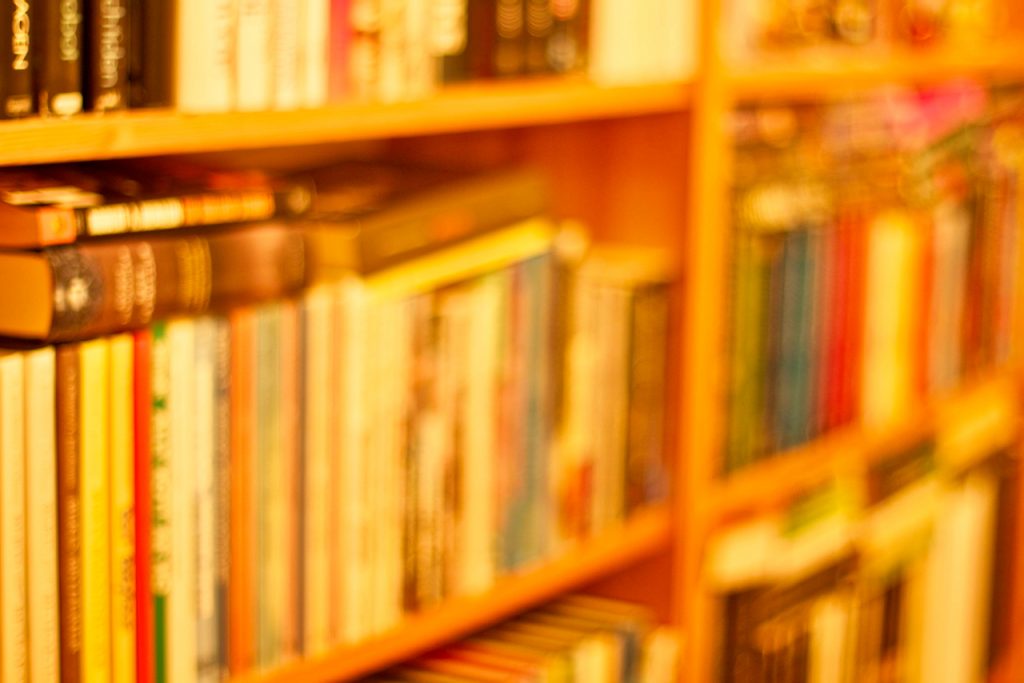
If you have a garden and a library, you have everything you need.
Cicero
I’m grateful for having both, and the time and peace of mind to enjoy them. I read two or three books a week, and I read every day. I cannot image a life without books. Here are a few that stayed with me a little longer this year, in no particular order.
Best Fiction Books
- Shirley Jackson, The Haunting of Hill House. This is probably the greatest haunted house story ever written. The Haunting movie from 1999 is based on the book. This is a re-read; I usually read it every now and then around Halloween.
- Shirley Jackson, We Have Always Lived in the Castle. Shirley Jackson’s beloved gothic tale of a peculiar girl named Merricat and her family’s dark secret. I loved how the uncanny denouement unravels in this short piece.
- Stephen King, The Institute. The most riveting and unforgettable story of kids confronting evil since It. I couldn’t put it down.
- Stephen King & Joe Hill, In the Tall Grass. This is a novella collaboration between Stephen King and Joe Hill, a short horror masterpiece. Trivia: Joe Hill is King’s son. Stephen King and his wife, Tabitha (herself a novelist), were inspired by the Swedish trade unionist Joe Hill (formerly Joel Hägglund) and named their son Joseph Hillston. When the son grew up to be a writer, he chose Joe Hill as his pseudonym.
- Marlen Haushofer, The Wall is a haunting survival story, disturbing and beautiful, by the Austrian author Marlen Haushofer (1920 – 1970). If you love animals, you will love this book. And maybe shed a tear or two. I listened to the book first, narrated by Kathe Mazur, and I cannot recommend the audio edition enough. Mazur’s soft and calm voice deepens and enhances the text.
- Silvia Moreno-Garcia, Mexican Gothic. An isolated mansion. A chillingly charismatic aristocrat. And a brave socialite drawn to expose their treacherous secrets. . . . “a terrifying twist on classic gothic horror” (Kirkus Reviews) set in glamorous 1950s Mexico. I read this in one day.
- Amor Towles, A Gentleman in Moscow. An old-fashioned novel (in the best sense of the term) about a man who is ordered to spend the rest of his life inside a luxury hotel. The best kind of escapism, the perfect book to curl up with and forget the world outside.
- Arkady Martine, A Memory Called Empire. Space opera and mystery, winner of the 2020 Hugo Award for Best Novel. I’m looking forward to the sequel, A Desolation Called Peace.
- Thomas Olde Henvett, HEX is a chilling, deeply unsettling story, rooted in traditional folk horror, a quite obvious nod to Stephen King’s Pet Sematary.
Best Non-Fiction Books
- Sönke Ahrens, How to Take Smart Notes. I know I’ve just said the list has no particular order; however, I did want to put this book first. It changed my life, as dramatically as it sounds. I was looking for a better way of organizing reading notes before kicking off the research on my non-fiction book and found this book. It describes an excellent note-taking system, indeed, but its’ great benefit lies in helping you focus on thinking, understanding, and developing new ideas in writing. It sounded like it would be too good to be true, but I was intrigued enough to give it a try, and I was hooked once I did. The method was developed for academic writing, and the book is heavy on theory and light on the application. If you can stand it and give it a try, you’ll be hooked too. This site, entirely dedicated to it, is a good complement to the book. It provides more concrete examples and practical applications.
- David Allen, Getting Things Done Oldie but goldie re-read. I needed a productivity boost (see above), and Allen’s GTD method is still relevant.
- James Clear, Atomic Habits. Accomplish more by focusing on less. Actionable and practical strategies to build positive habits by focusing on small improvements that would build up over time.
- Chase Jarvis, Creative Calling. An excellent book on creativity, and not only for artists.
- Adam Savage, Every Tool’s a Hammer. Adam Savage shares his golden rules of creativity, from finding inspiration to following through and successfully turning your idea into reality.
- Scott Adams, How To Fail at Almost Everything and Still Win Big. Blasting clichéd career advice, Dilbert‘s creator recounts the humorous ups and downs of his career, revealing the outsized role of luck in our lives and how best to play the system.
- M. Scott Peck, The Road Less Travelled. A classic that had me hooked with its opening line: Life is difficult.
- Svetlana Alexievich, Chernobyl Prayer. The horrific history of the Chernobyl disaster by the winner of the Nobel prize in literature 2015; the HBO series is based on it. They’re both excellent.
- Adam Higginbotham, Midnight in Chernobyl. A powerful investigation into Chernobyl and how propaganda, secrecy, and myth have obscured the true story of one of history’s worst nuclear disasters.
If you liked this post, share it on your preferred social network or forward it to a friend.


